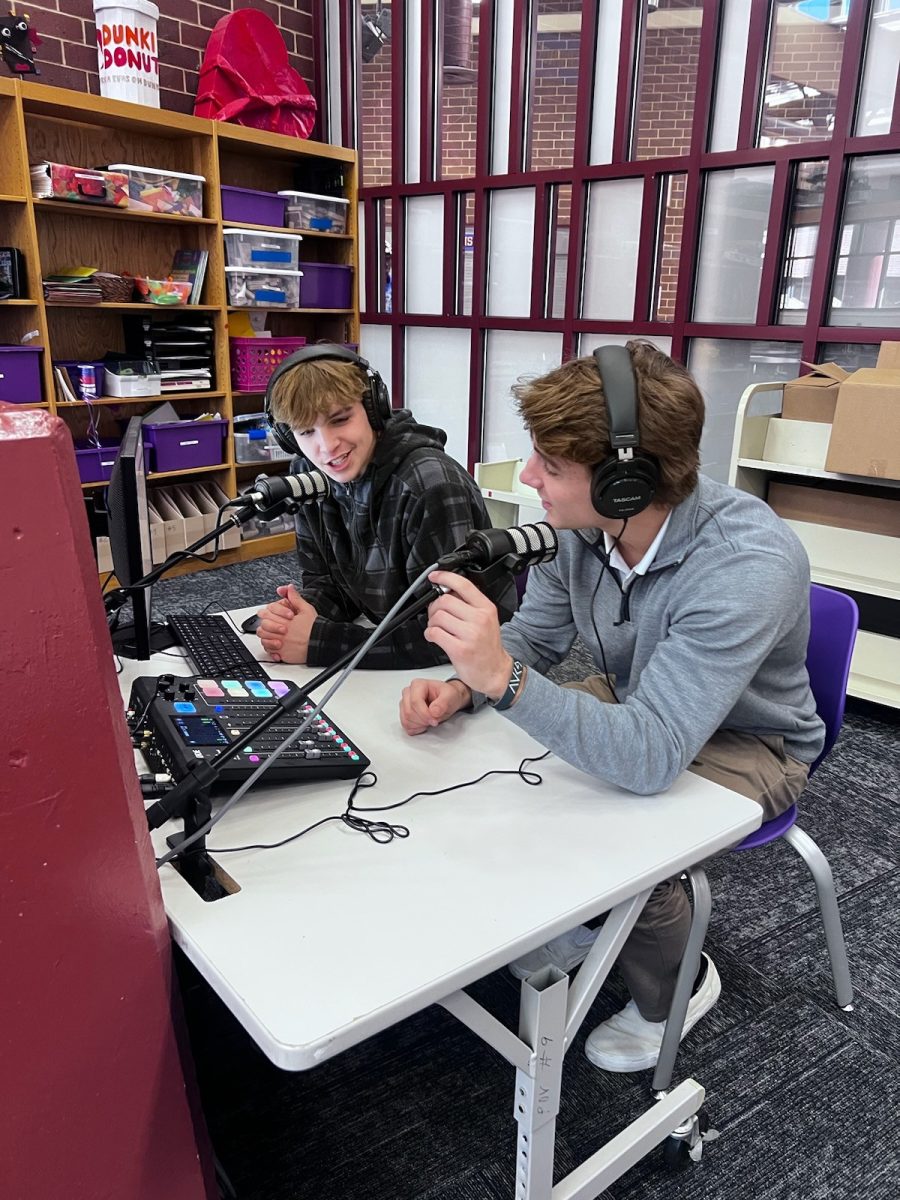The next generation is failing.
Even before the Covid-19 lockdown, child literacy levels were on the decline. Now, 32% of Virginian fourth graders are able to read proficiently—a far cry from the 43% in 2017. The whole problem has been made worse by “skibidi toilet Ohio rizz,” but I fear that the brain rot started separately from the TikTok meme. Nowadays, kids just seem to get dumber and dumber; even the teenagers that should know better by now seem to have lost more than just a few of their brain cells. But, the perfect solution is sitting right on those dusty bookshelves: dictionaries.
In my personal experience, dictionaries were a huge help while I was in Spanish. I would use an online dictionary for words we weren’t taught explicitly in class, and it helped make my writing more sophisticated. I wasn’t the only one either; in fact, most of my table also used this dictionary while our teacher was busy helping the other thirty something classmates. In the grand scheme of things, this silly little book of translations was probably what allowed our class to pass, and that isn’t all that dictionaries can do!
One of the most important features of dictionaries is the phonetic (foe-neh-tik) spelling of each word. Phonetic, of course, meaning how a word is pronounced, but someone could probably get the definition from a dictionary. This addition to dictionaries makes learning new vocabulary easier for students, boosting their overall ability to read and write. Seeing as the entirety of America is facing this crisis of declining child literacy, the need to read is clear. Even some of the students here at Tallwood can’t escape the claws of stupidity at times, and I watch some struggle to sound out words.
Many people might be thinking that reading a plain old dictionary for any sort of work would be boring as hell and students would want no part of it. These people are dumb; don’t be like these people. That was a joke of course, but people like this are being too narrow minded because teachers could make a variety of engaging activities based on dictionaries. From games similar to Taboo, to projects that leave the spirit of the word to the creative freedom of students, the possibilities are near endless. Even scavenger hunts would be possible if the teacher tried hard enough, and the added competition would liven up the classroom. It would be a lot of work on the teacher’s end, but it’s part of their job to care for and educate students to the best of their abilities.
All in all, adding a dictionary to the curriculum won’t do teenagers any serious harm. And if they did, the effects would be much less than whatever is happening right now all across America.







